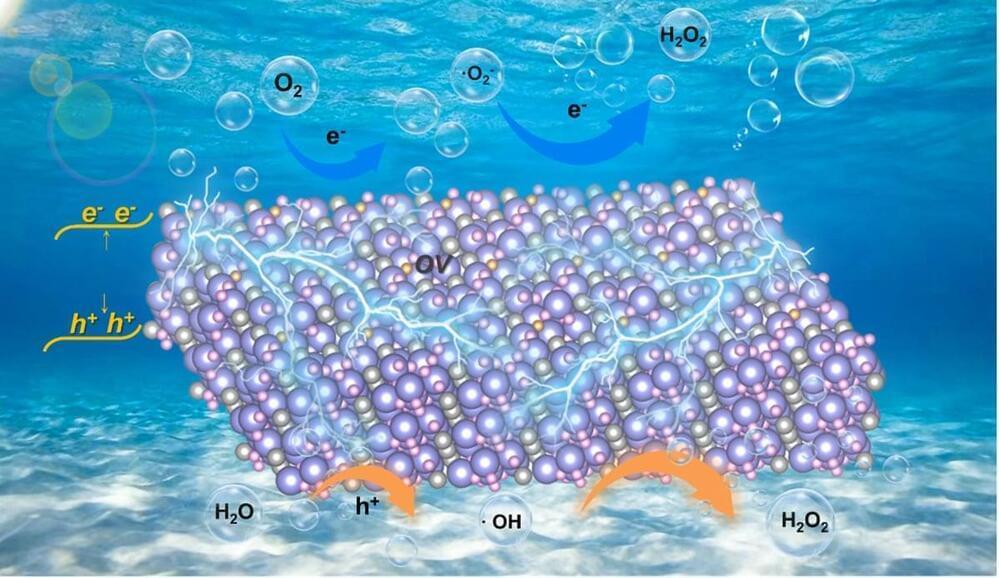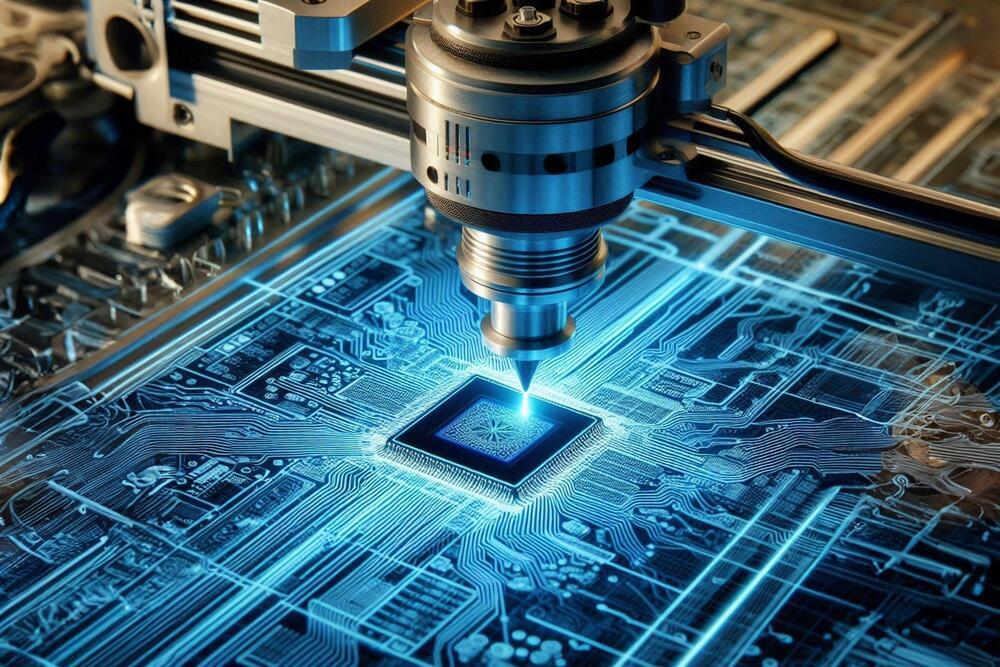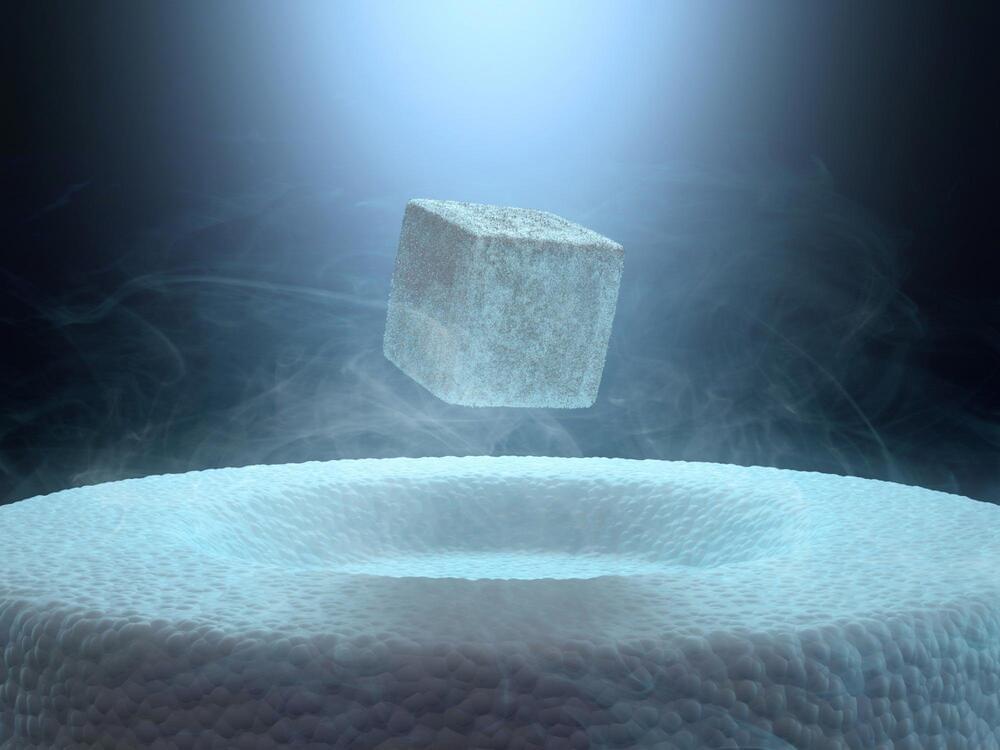Recent research has demonstrated the effectiveness of ultrathin Bi4O5Br2 nanosheets with controlled oxygen vacancies in enhancing the piezocatalytic production of hydrogen peroxide (H2O2), presenting a viable, environmentally friendly alternative to traditional methods.
Hydrogen peroxide (H2O2) serves as a crucial chemical raw material with extensive applications in numerous industrial and everyday contexts. However, the industrial anthraquinone method of producing H2O2 is fraught with significant drawbacks, including high levels of pollution and energy consumption. An alternative approach involves harnessing ubiquitous mechanical energy for piezocatalytic H2O2 evolution, which offers a promising strategy. Despite its potential, this method faces challenges due to its unsatisfactory energy conversion efficiency.
Bi4O5Br2 is regarded as a highly attractive photocatalytic material due to its unique sandwich structure, excellent chemical stability, good visible light capture ability, and suitable band structure. Aspired by its non-centrosymmetric crystal structure, piezoelectric performance has begun to enter the vision of researchers recently. However, its potential as an efficient piezocatalyst is far from being exploited, especially since the impacts of defects on piezocatalysis and piezocatalytic H2O2 production over Bi4O5Br2 remains scanty. Thus, mechanical energy-driven piezocatalysis provides a promising method for H2O2 synthesis from pure water with great attraction.







